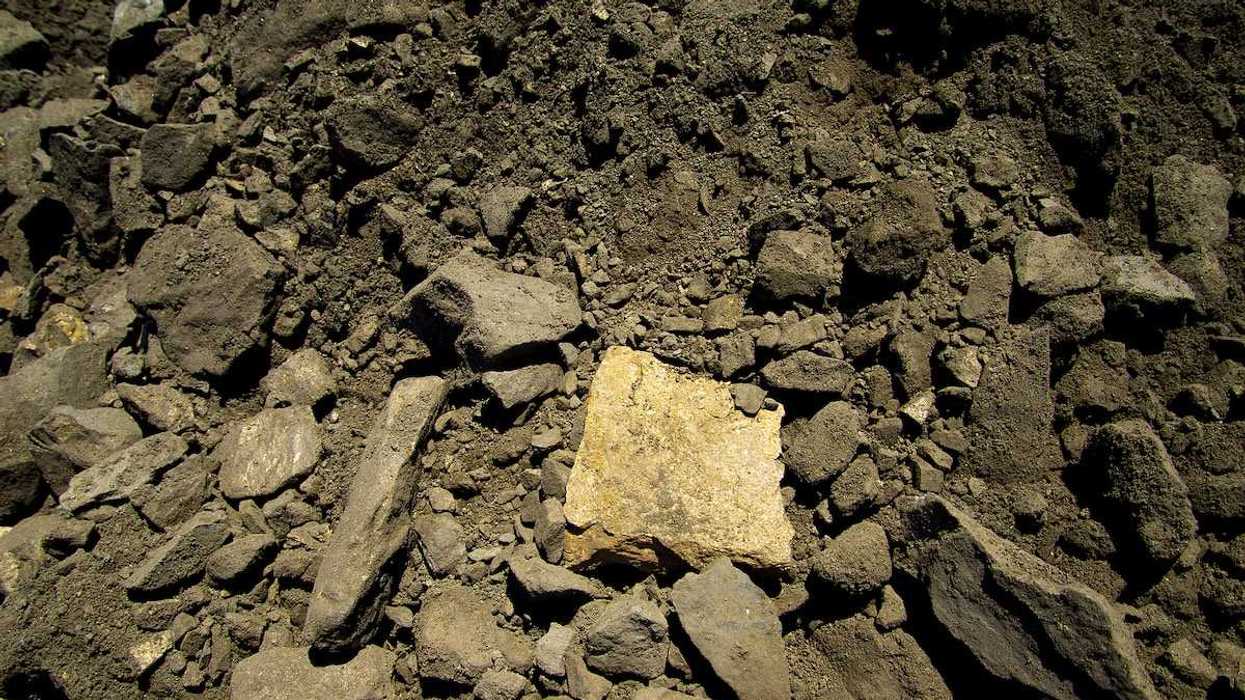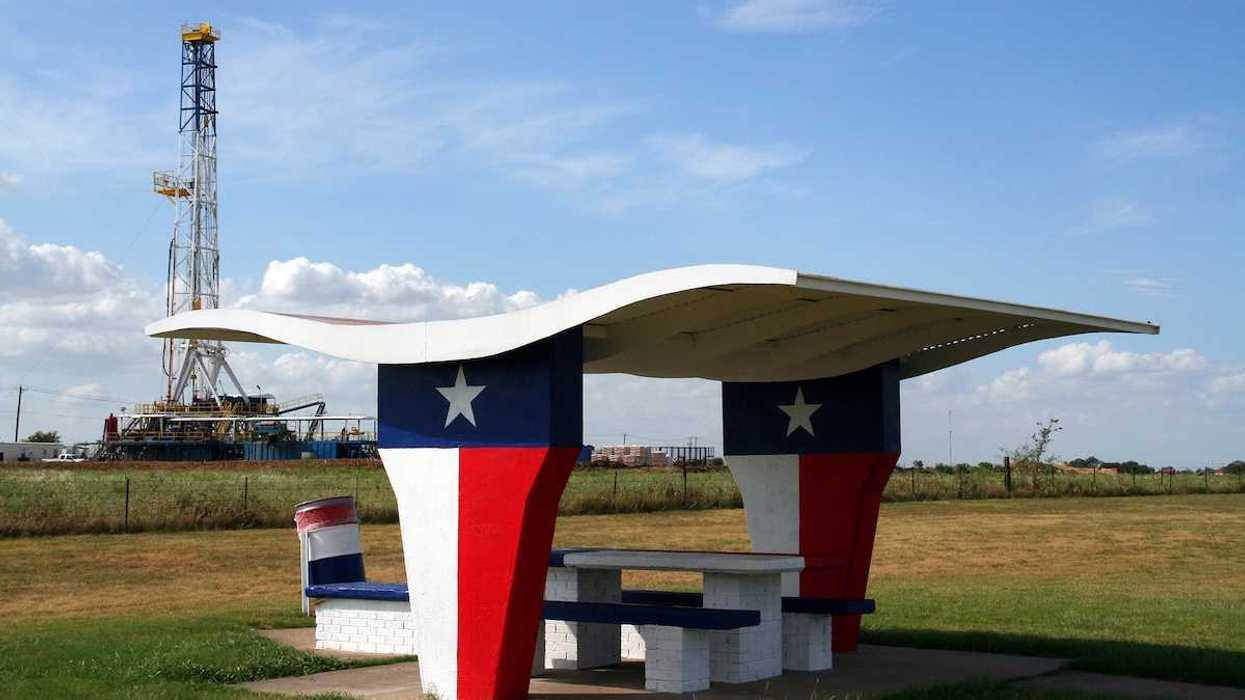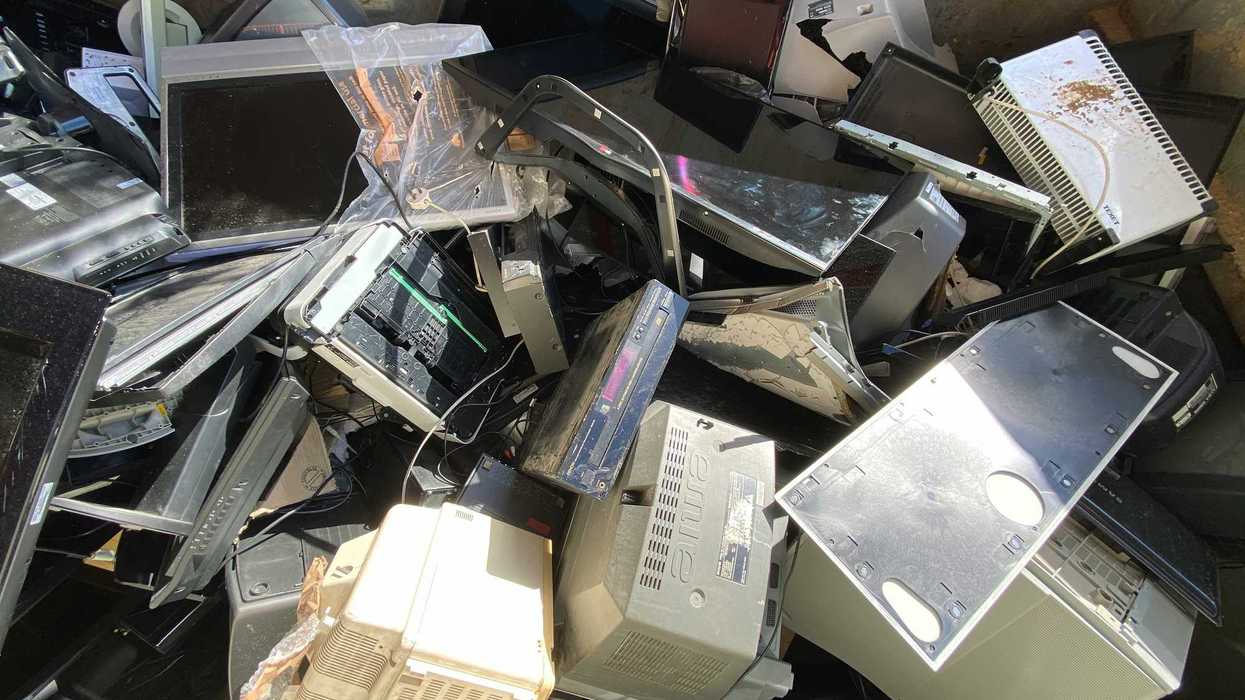Illegal mining in Colombia’s Buriticá region has led to environmental contamination, social unrest and violent confrontations as criminal groups take over tunnels in one of South America’s largest gold deposits.
Joshua Collins reports for Mongabay.
In short:
- The Zijin gold mine in Buriticá, owned by a Chinese company, has lost control of 60% of its tunnels to illegal miners connected to the Gulf Clan, Colombia’s largest armed group.
- Informal mining operations use mercury, explosives and heavy machinery, contaminating water tables and weakening the mountain’s geological stability.
- Local miners, often young and desperate, face dangerous working conditions, including collapses, suffocation and extortion by criminal networks.
Key quote:
“Heavy metals left over from mining, or used in mining processes, such as mercury, make their way up through the water table, into the food chain, and threaten flora and fauna alike. This eventually becomes a poison for every living thing in the region.”
— Oscar Alejandro Pérez-Escobar, researcher at the Royal Botanic Gardens, Kew
Why this matters:
Illegal gold mining contributes to ecosystem destruction, deforestation and mercury pollution, threatening public health and biodiversity. Criminal control of mining areas also deepens Colombia’s social conflicts and undermines economic stability for local communities.














